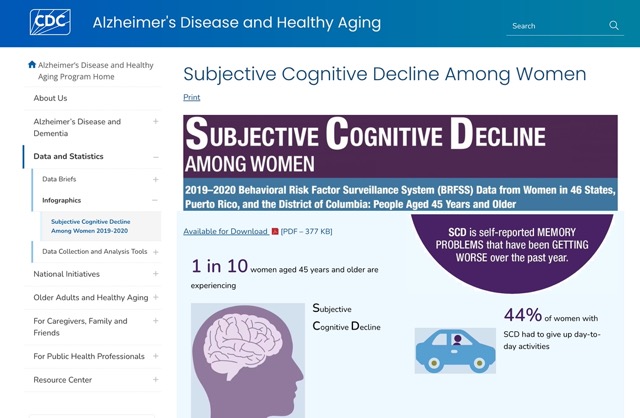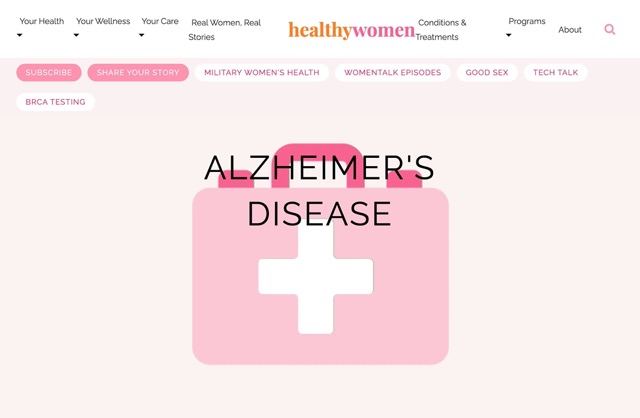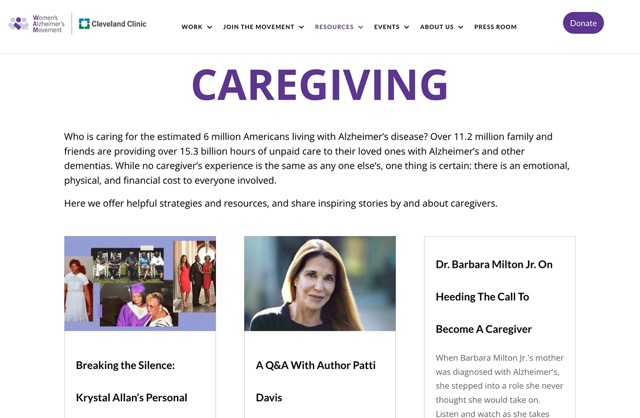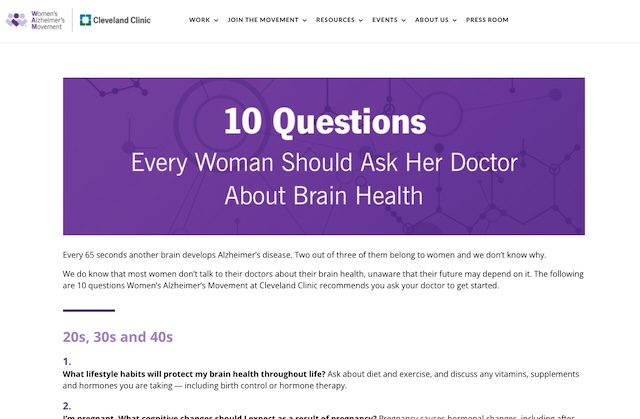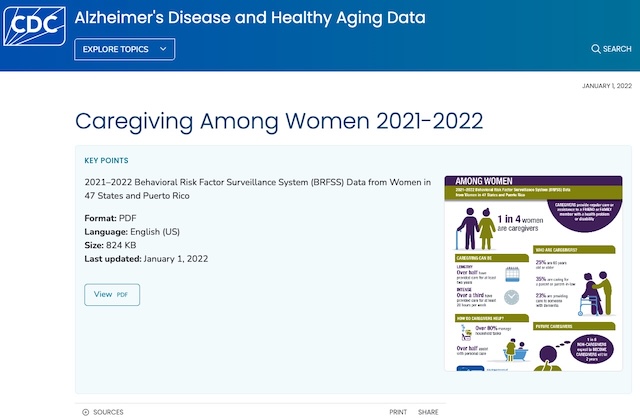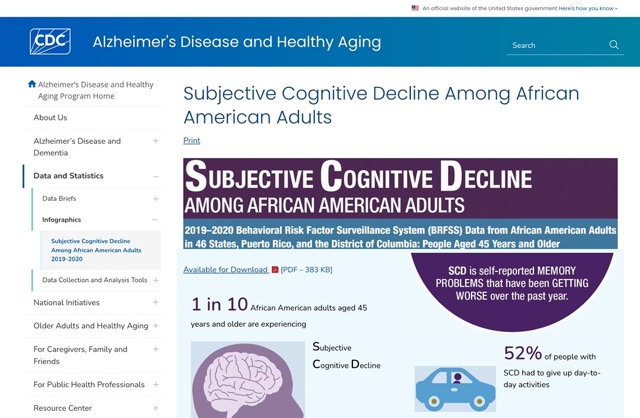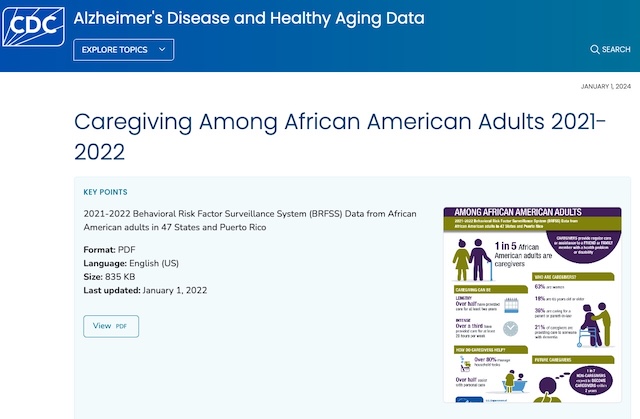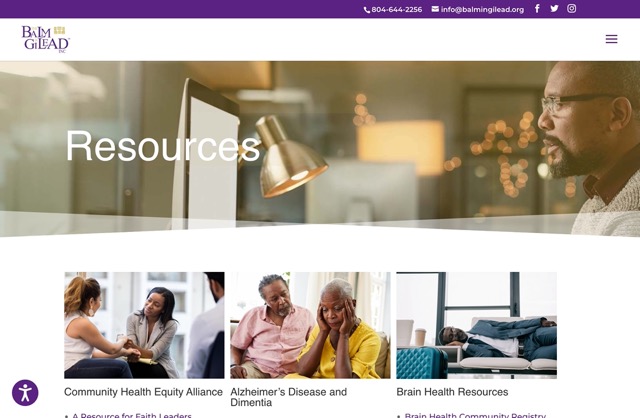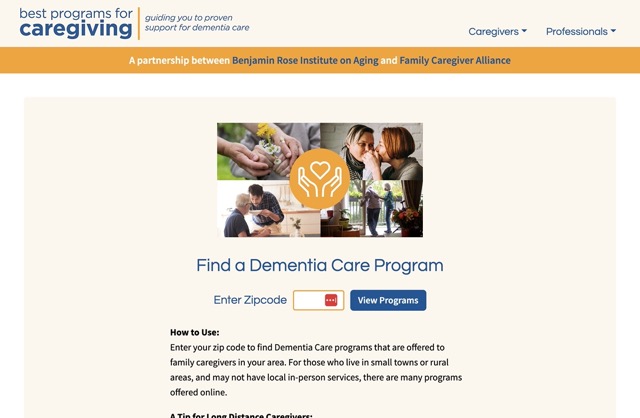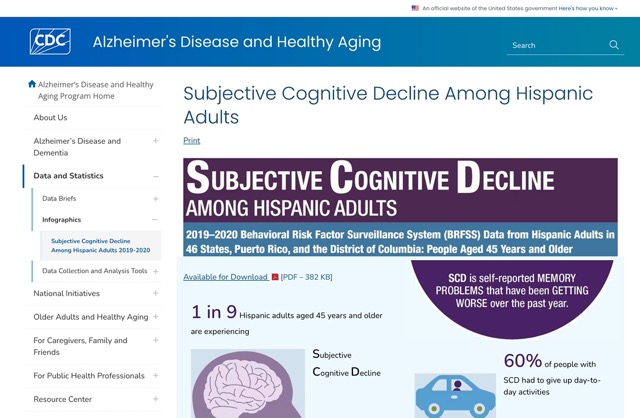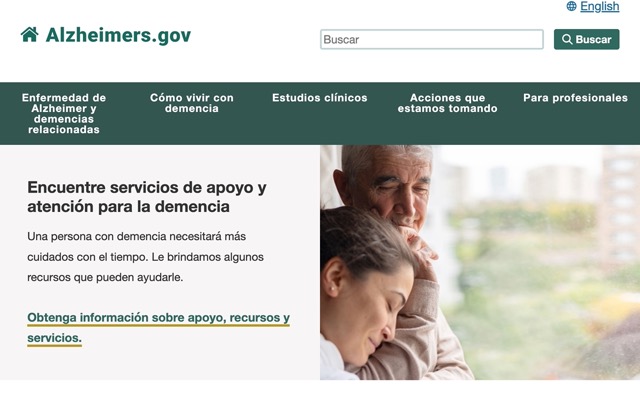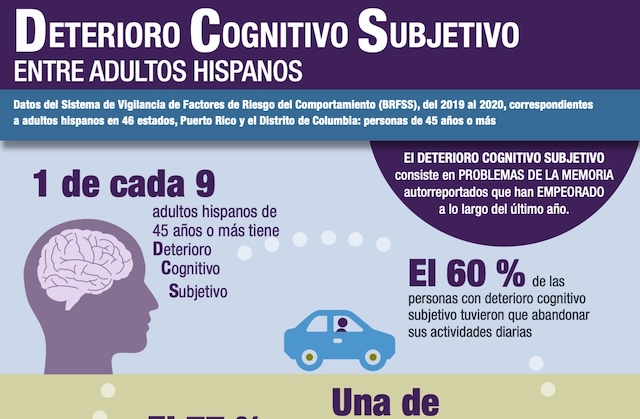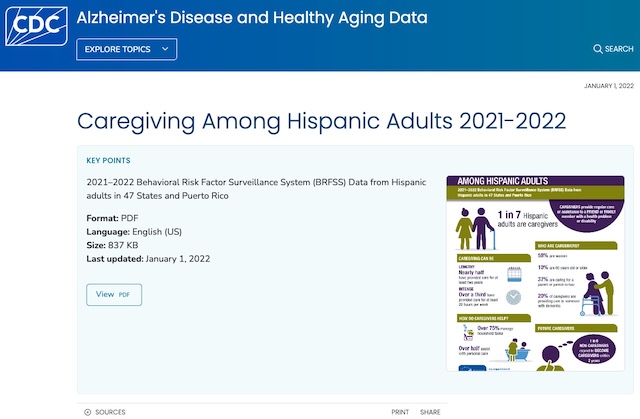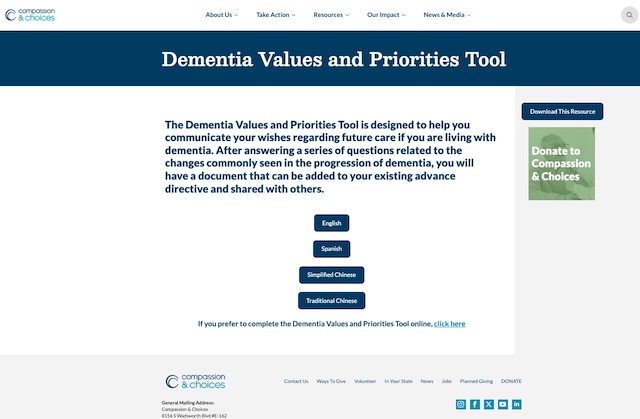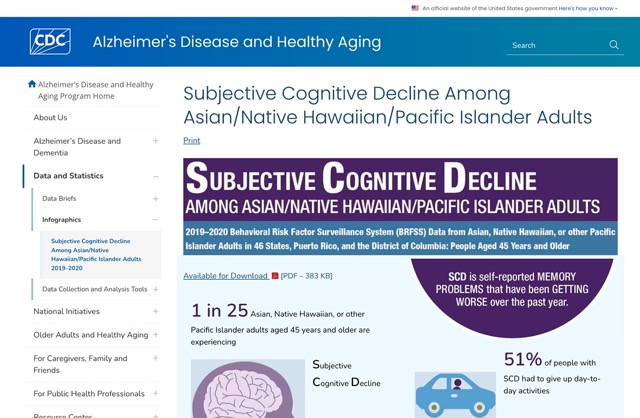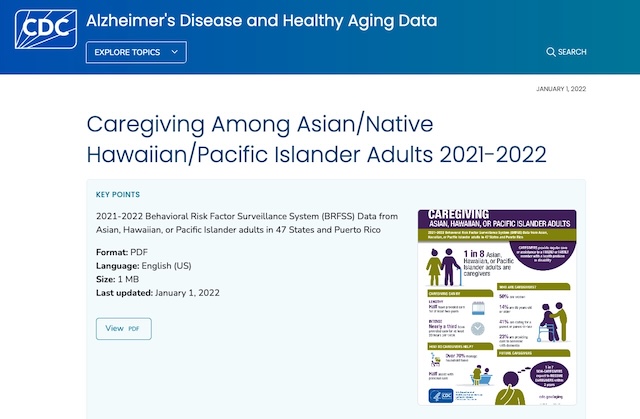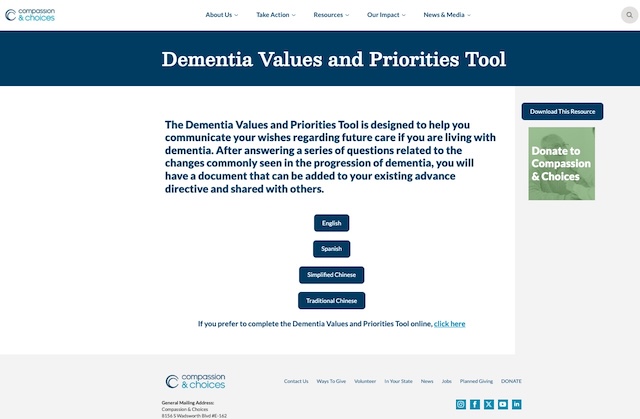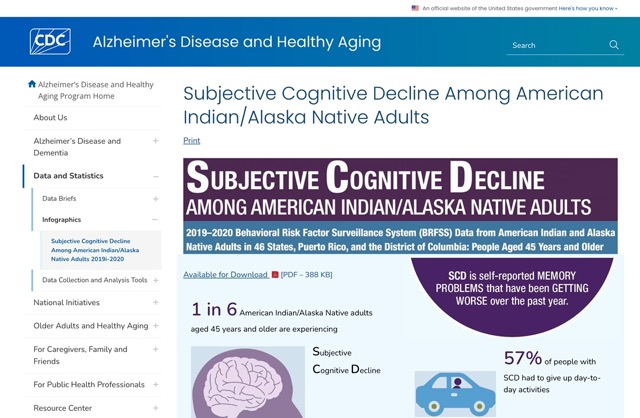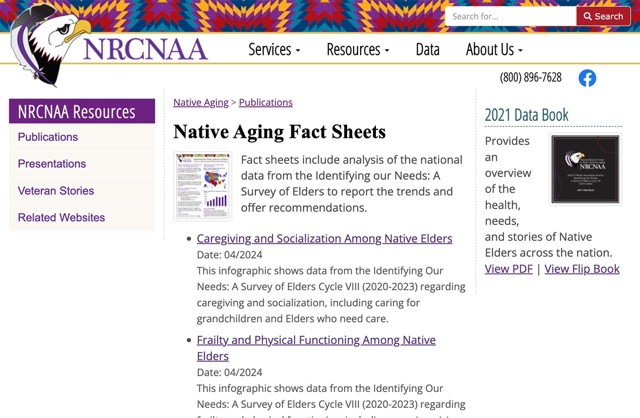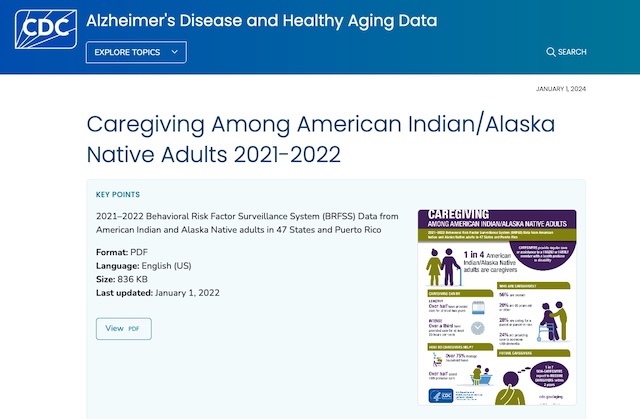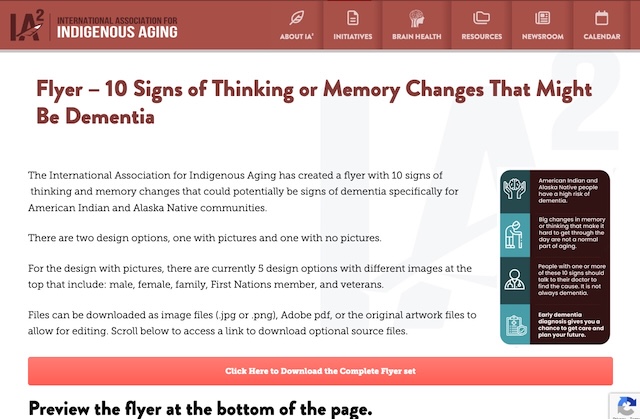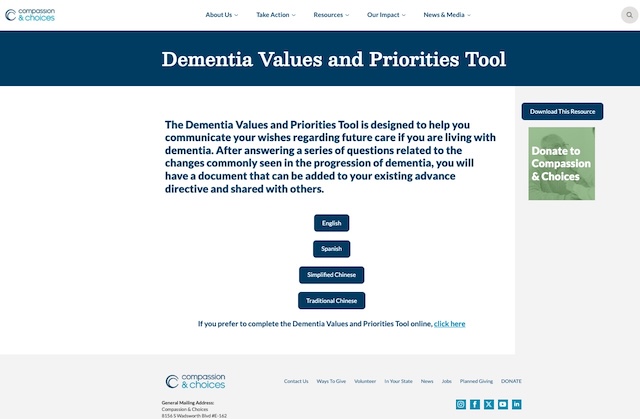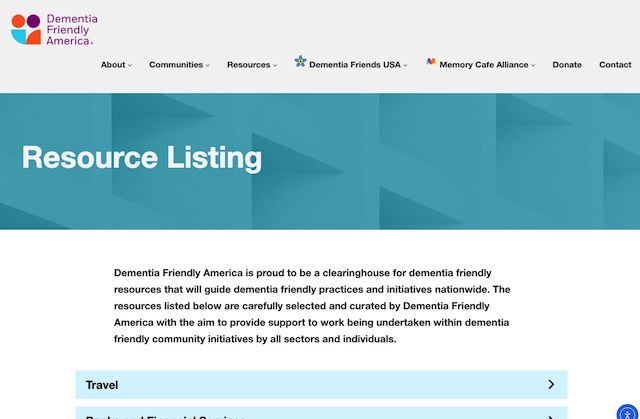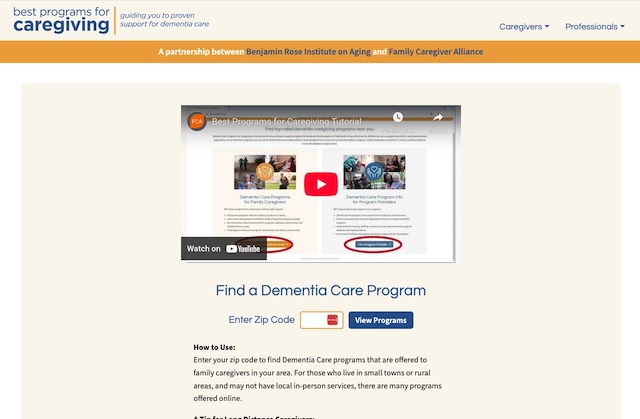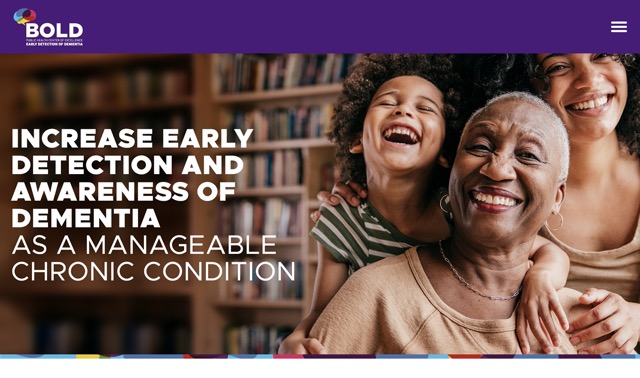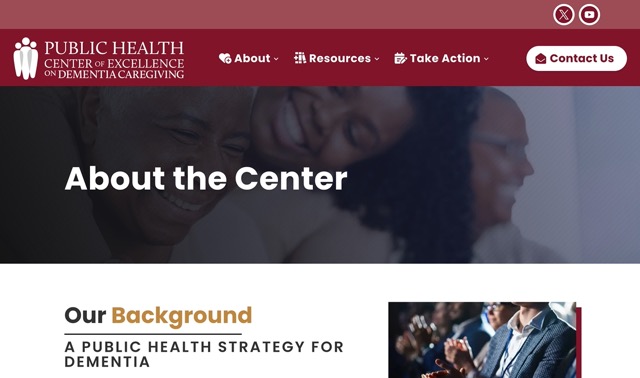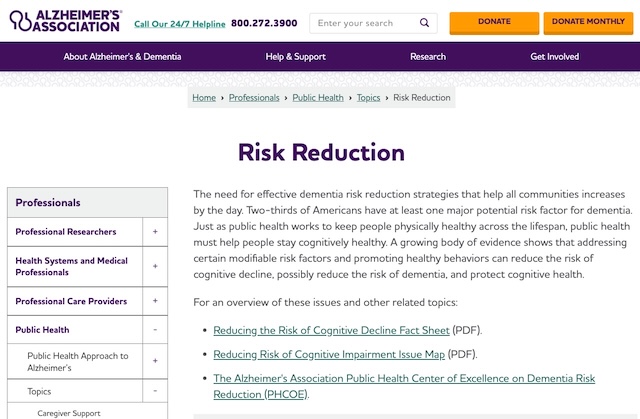Alzheimer’s Isn’t a Normal Part of Aging- Know the Signs Early
As we get older, it’s completely natural for our brains to change. In fact, we often gain wisdom, insight, and experience. But if you, or someone you care about, are noticing more frequent memory lapses or confusion, it might be time to check in.
The good news? You don’t have to wait or wonder. Taking action now can help you better understand what’s going on—and give you tools to support your brain health.
Take the free BrainGuide memory questionnaire today—it's quick (only 12 minutes), private, and can help you take the next step to support your brain health.



Take Control of Your Brain Health Today!
The evidence is clear – up to 40% of dementia cases can be prevented by managing certain risk factors. Taking care of your brain and body gives you the best chance to remain alert and be there for your friends and family for years to come.

Eat Healthy Food
Healthy eating habits make a big difference for brain health. Find out the right foods for healthy aging, learn how to find them on a budget, and try some sample menus.

Be Physically Active
Moving helps keep the brain healthy. It doesn't have to be intense hard or time consuming. Learn how to make an exercise plan that is right for you.

Get Enough Sleep
Sleep helps reduce the buildup of proteins associated with Alzheimer’s disease. It also helps you feel better and keeps your immune system healthy. Learn more about the link between Alzheimer’s and sleep, and how you can get your brain the rest it needs.

Keep in Touch
Staying social helps keep your brain healthy. Research shows that talking to people and spending time with friends and family can improve cognitive health and slow rates of memory problems. Learn how you can help your loved one to get these benefits.

Take Care of Common Health Problems
Brain health is part of your overall health. It’s important to take care of other conditions like high blood pressure, diabetes and depression. This can help to prevent memory loss and cognitive decline.
Eat Healthy Food
Healthy eating habits make a big difference for brain health. Find out the right foods for healthy aging, learn how to find them on a budget, and try some sample menus.
Be Physically Active
Moving helps keep the brain healthy. It doesn't have to be intense hard or time consuming. Learn how to make an exercise plan that is right for you.
Get Enough Sleep
Sleep helps reduce the buildup of proteins associated with Alzheimer’s disease. It also helps you feel better and keeps your immune system healthy. Learn more about the link between Alzheimer’s and sleep, and how you can get your brain the rest it needs.
Keep in Touch
Staying social helps keep your brain healthy. Research shows that talking to people and spending time with friends and family can improve cognitive health and slow rates of memory problems. Learn how you can help your loved one to get these benefits.
Take Care of Common Health Problems
Brain health is part of your overall health. It’s important to take care of other conditions like high blood pressure, diabetes and depression. This can help to prevent memory loss and cognitive decline.
Brain Health Resources for Specific Communities
Brain Health in Women
Brain Health in African American/Black People
Brain Health in Latino/Hispanic People
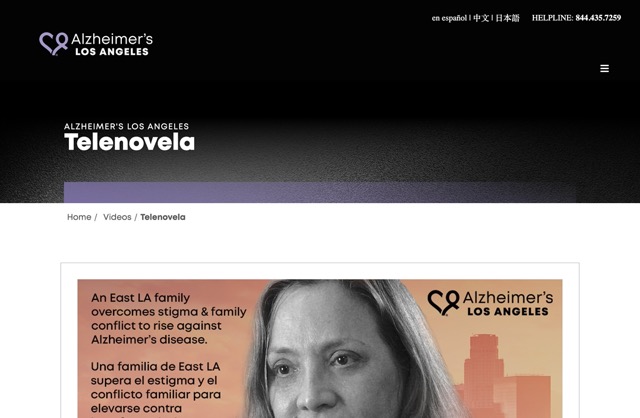
Brain Health in Asian American and Pacific Islander People
Brain Health in American Indian and Alaska Native People
Partner Resources
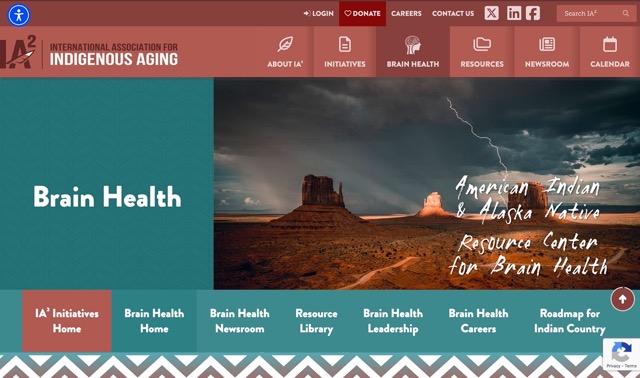
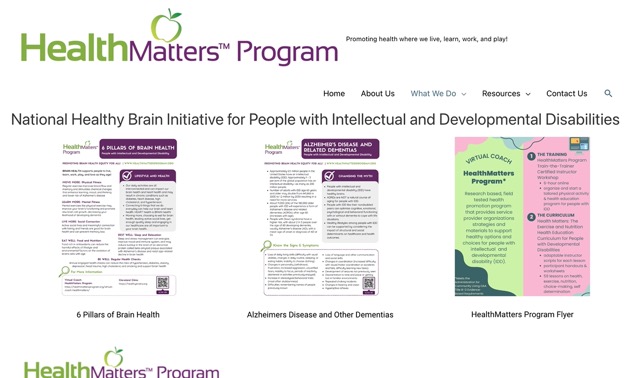
Content on this page was developed with support from the Centers for Disease Control and Prevention (CDC) of the U.S. Department of Health and Human Services (HHS) as part of a financial assistance award (1NU58DP006781) totaling $1,500,000 with 100 percent funded by CDC/HHS. The contents are those of the author(s) and do not necessarily represent the official views of, nor an endorsement by, CDC/HHS, or the U.S. Government.


